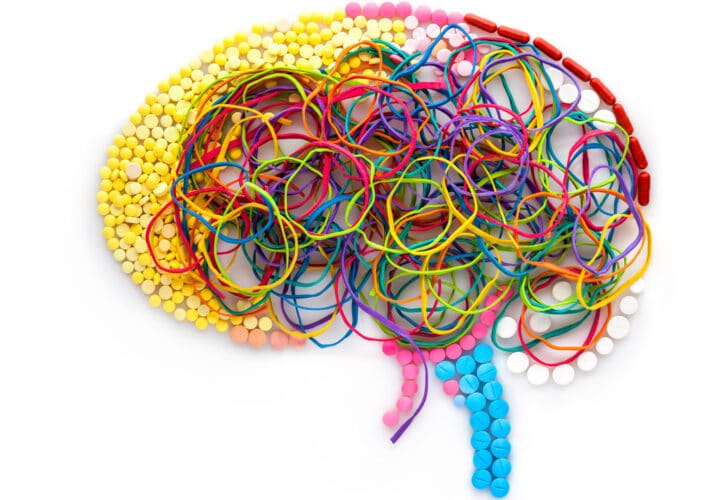Researchers find that donepezil outperforms other approved Alzheimer’s drugs for improving cognition, but it comes with some downsides.
The drug landscape for Alzheimer’s is bleak. Just last week, a promising drug by Axovant flopped in its final stages of development, adding to the cycle of failure that Alzheimer’s drugs can’t seem to escape. Over 99 percent of drugs targeting dementia and Alzheimer’s have failed over the past decade. There are only four drugs approved to treat the symptoms of Alzheimer’s, and a new study has ranked their effectiveness.
Where’s Our Alzheimer’s Cure?
Karl Herrup on What’s Taking So Long
The study found that donepezil, marketed under the name Aricept, was the most effective. Researchers put together a statistical analysis that evaluated almost 34,000 patients who took either donepezil, rivastigmine, galantamine or memantine. They looked at how the drugs affected cognition, behavior, mortality, serious adverse events, falls, bradycardia, headache, diarrhea, vomiting and nausea.
“The more information we are able to gather
about how each of these medications can affect a patient’s
cognition and health, the more likely we are to
be able to improve their health outcomes,”
Although donepezil was the only drug that was effective on a clinical threshold—meaning doctors observed changes in patients and it was statistically shown to be effective — it was also the one that caused the most side effects, like vomiting and nausea.
Study authors hope that their work will help patients and families choose the best treatment plan. “The more information we are able to gather about how each of these medications can affect a patient’s cognition and health, the more likely we are to be able to improve their health outcomes,” said lead author of the study Dr. Andrea Tricco, a scientist in the Li Ka Shing Knowledge Institute of St. Michael’s Hospital.
Update: FDA Approves New
Donepezil Skin Patch
The study was published in the Journal of the American Geriatrics Society. Read the full write-up here.
